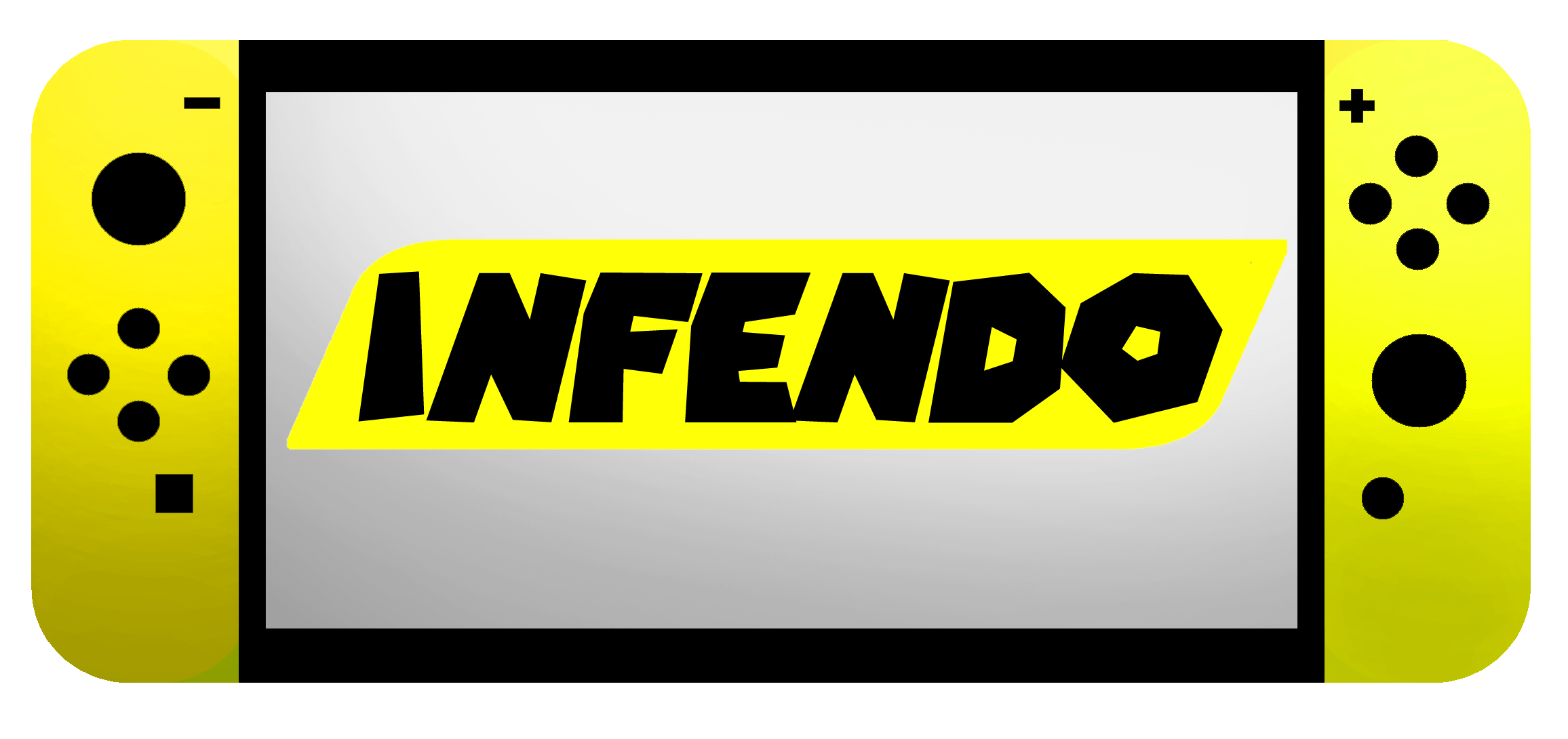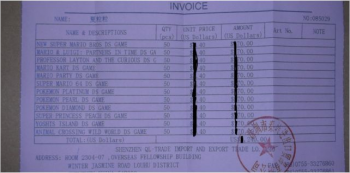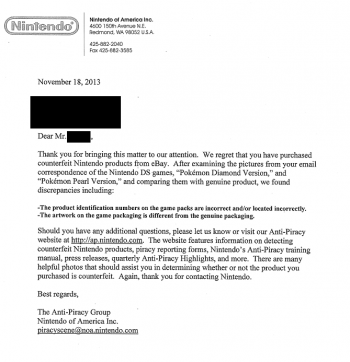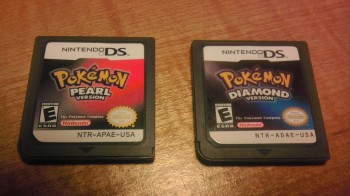The video game market is very transparent. If someone wants to trade a game in, or sell it to a friend, chances are they could find out that game’s fair market value using the browser on their phone.
So, what happens when a person hops on eBay and sees a popular video game listed at a price that looks too good to be true? It probably isn’t legit, and here is a true story of how Nintendo responds to fraud.
A friend of mine, who we’ll call Manny (to protect his privacy), recently decided to be a budget gamer and pick up a Nintendo DS. The next step was to build a library of games. Manny decided to shop through eBay.
Long story short: Manny’s purchases arrived and he suspected that they weren’t genuine, so he decided to contact the seller, eBay account name ubidclub. The seller told Manny that the games were reprints that were genuine, sold straight from Nintendo. They even offered to provide Manny with an invoice copy:
At a glance, we see this seller has an invoice for 12 premium Nintendo DS titles, ordered in quantities of 50, and they have blacked out some of their proprietary pricing information. A quick reverse-engineering of the visible numbers suggests a unit price of $5.40 each.
Now, I don’t have personal access to wholesale pricing, and also don’t know if Nintendo commonly reprints older titles (doubt it), but I would assume this price point is ridiculously low. Manny felt the same way, and decided to contact eBay with his concerns. But, he also decided Nintendo might want to hear.
Manny tell’s me that he never thought he’d hear from Nintendo, even on a whim. He didn’t send an email to them for any kind of personal gain beyond wanting to do the right thing. However, he got a response that day:
Here is a transcript:
Dear Mr. Manny,
Thank you for bringing this matter to our attention. We regret that you have purchased counterfeit Nintendo products from eBay. After examining the pictures from your email correspondence of the NIntendo DS games, “Pokemon Diamond Version,” and “Pokemon Pearl Version,” and comparing them with genuine product, we found discrepancies including:
– The product identification numbers on the game packs are incorrect and/or located incorrectly.
– The artwork on the game packaging is different from the genuine packaging.
Should you have any additional questions, please let us know or visit our Anti-Piracy website at http://ap.nintendo.com. The website features information on detecting counterfeit Nintendo products, piracy reporting forms, Nintendo’s Anti-Piracy training manual, press releases, quarterly Anti-Piracy Highlights, and more. There are many helpful photos that should assist you in determining whether or not the product you purchased is counterfeit. Again, thank you for contacting Nintendo.
Best Regards,
The Anti-Piracy Group
Nintendo of America Inc
I am led to the assumption that Nintendo contacted eBay shortly after this matter was brought to their attention, because the eBay account of ubidclub appears to have removed all of their listings.
Here are some of Manny’s pictures that he sent to Nintendo:
I wouldn’t consider Manny’s experiences to be especially uncommon. Not to his fault (nor eBay’s fault), he was sold a pretty good looking package. If you were entering the DS market right now, you might balk at how some DS games are holding value, and not think twice about going after a much cheaper listing. Even as an experienced video game consumer, I would look at those pictures and think they were probably good product.
Moral of the story? It might be worth paying more to source through an eBay Certified seller, or an Amazon Prime seller. This story ends happily enough, seeing as Manny got his money + shipping back, but easily could have gone the other way and been a tough tale of Buyer Beware.



